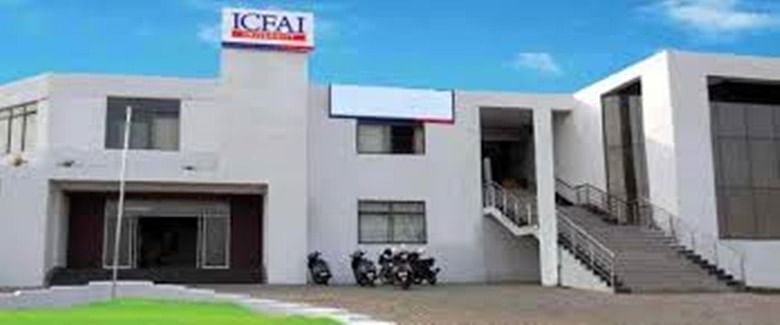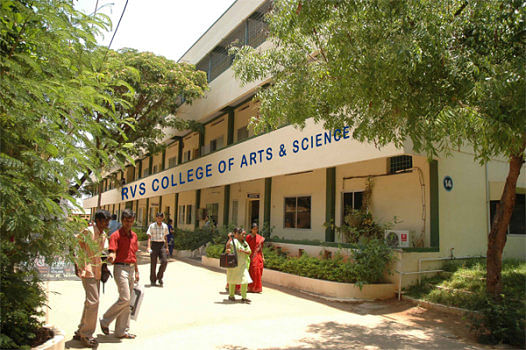MBA Accounting Syllabus and Subjects

Semester Wise MBA Accounting Syllabus
MBA Accounting course is divided into four semesters. The MBA Accounting subjects are intended to provide students with a more in-depth understanding of taxation and accounting. The discipline chosen by the candidate determines the topics for the MBA Accounting.
The MBA Accounting course is primarily concerned with the managerial and problem-solving skills and studies of fundamentals in accounting. MBA Accounting courses teach students everything they need to know.
The MBA syllabus is listed below, semester by semester.
MBA Accounting First Year Syllabus
The table below contains the list of MBA Accounting subjects in the first year:
|
Semester I |
Semester II |
|
Organizational Behavior and Principles & Practices of Management |
Marketing Management |
|
Managerial Economics |
Human Resource Management |
|
Legal Aspects of Business |
Materials and Logistics Management |
|
Information Technology |
Research Methodology |
|
Management Accounting |
Financial Management |
|
Statistical and Quantitative Methods |
Manufacturing and Operations Management |
|
Basics of Marketing |
Management Information Systems |
|
Managerial Communication |
Business and Environmental Management |
MBA Accounting Second Year Syllabus
The table below contains the list of MBA Accounting subjects in the Second year:
|
Semester III |
Semester IV |
|
Business Policy and Strategic Movement |
Entrepreneurship Development and Project Management |
|
Elective I |
Current Trends in Management |
|
Elective II |
Elective VI |
|
Elective III |
Elective VII |
|
Management Control Systems |
International Business Management |
|
Elective IV |
Elective VIII |
|
Elective V |
Elective IX |
|
Project Report |
Elective X |
MBA Accounting Subjects
MBA Accounting topics are determined by the discipline chosen by the applicant. The core subjects provide the fundamental base necessary for the development of the subject. The electives offer a wide range of subjects to choose from, providing an exclusive knowledge base on matters required to solve managerial and accounting problems.
MBA Accounting Core Subjects
The core MBA Accounting subjects list contains essential subjects students study. Below is a list which is as follows:
- Auditing and Professional Responsibilities
- Advanced Accounting
- Commercial Law
- Financial Accounting
- Organizational Behavior and Leadership
- Innovation Management in Products and Services
- Marketing Concepts and Commercialisation
- Advanced Taxation
- Competitive Strategies
- Information Technology
- Financial Management
- Legal Aspects of Business
- Management Accounting
- Management Information Systems
- Managerial Communication
- Managerial Economics
- Manufacturing & Operations Management
- Materials & Logistics Management
- Statistical & Quantitative Methods
- Business & Environmental Management
- Human Resource Management
MBA Accounting Electives Subjects
The elective subjects are listed below for MBA Accounting:
- Advanced Studies in Industrial Relations
- Auditing
- Business and Corporations Law
- Business Economics
- Communication in Business
- Corporate Finance
- Current Developments in Accounting Thought
- Customer Behavior
- Financial Accounting
- Global Marketing
- Human Resource Management
- ICT Project Management
- Integrated Marketing Communications
- International Human Resource Management
- Investments Analysis
- IT Infrastructure Management PG
- IT Management Issues
- IT Risk Management
- Leadership – A Critical Perspective
- Management Accounting for Costs and Control
- Management of Change
- Managing for Sustainability
- Managing Project and Service Innovation
- Organizational Behavior
- Research Methods
- Strategic Human Resource Development
MBA Accounting Course Structure
The MBA Accounting course structure consists of core subjects. The course is a two-year-long course, along with topics and papers. Students are introduced to specific topics related to the masters. The course structure is:
- IV Semesters
- Core Subjects
- Elective Subjects
- Assessment
MBA Accounting Teaching Methodology and Techniques
MBA Accounting education methods and techniques cover both traditional lecture-based education along with practical training. Students in traditional classrooms can ask and receive answers to their own questions.
The teaching methods and techniques used in this course are designed to give students access to all infrastructure and facilities that will be available to them once they complete this course. The following are some common teaching methods and strategies.
- Lectures
- Seminars
- Group Discussions
- Assessment
- Examination
MBA Accounting Projects
The discipline chosen by the candidate determines the topics for the MBA Accounting. The MBA Accounting curriculum is primarily concerned with the fundamentals of statistical problems and solutions. MBA Accounting courses teach students everything they need to know.
- The Impact Of Corporate Social Responsibility On Profitability In Indian Banking Industry.
- Taxation As A Significant Tool For Economic Development.
- Impact Of International Financial Reporting Standards On Earnings Management.
- Use Of Accounting Ratio In Business Decisions.
MBA Accounting Books
Books are a significant investment for students pursuing an MBA Accounting because they allow them to learn more about interesting subjects. The following are some of the most popular MBA Accounting course books for students to choose from. Students can get reference books from the library, download them from the Internet, or buy them.
|
Name of Book |
Author |
|
The Personal MBA: Master the Art of Business |
Josh Kaufman |
|
The Ten-Day MBA 4th Edition |
Steven A. Silbiger |
|
Everything I learned a $200,000 MBA In Marketing |
Ritesh Chaube |





















